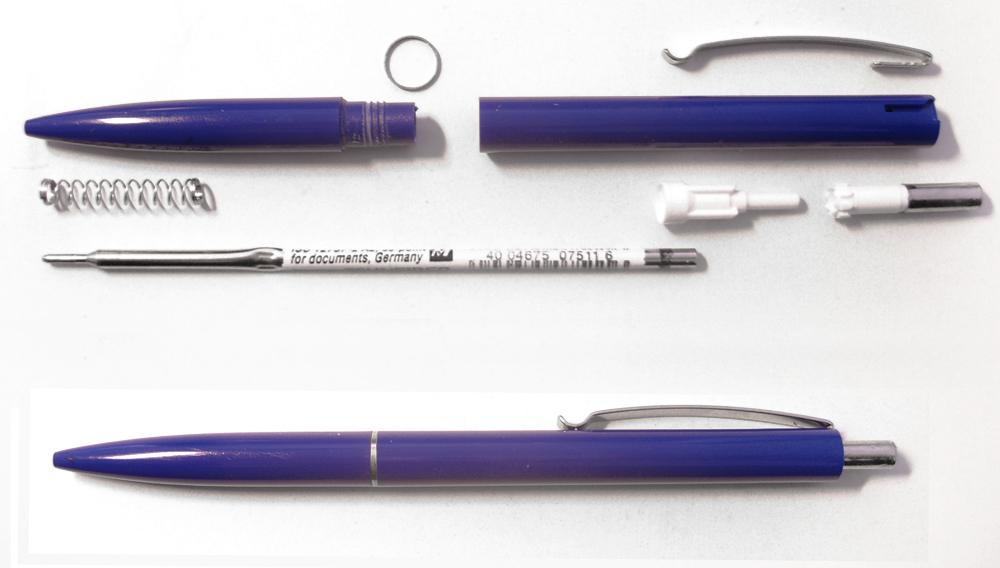
There are strong indications that Daesh is on the back foot in Iraq and Syria and its focus is increasingly on fanning the flames of sectarian violence amongst a diaspora in other countries, including Australia. This situation has added some urgency to the task of ensuring Australian officials and media outlets to get the terminology and tone right when talking about the group.
In a move that reflects such concerns, the government of Canadian Prime Minister Justin Trudeau has recently declared that from now on the Islamic State will be referred to as Daesh. The name, of course, is the most widely used transliteration of the Arabic equivalent of the acronyms for the Islamic State of Iraq and the Levant (ISIL) or the Islamic State of Iraq and Al Sham (or Syria) (ISIS). Writers have often declared ‘the pen is mightier than the sword’. If that’s true, then making an effort to get the nomenclature right may well be worth it.
In Australia, former prime minister Tony Abbott, as well as Britain’s former PM David Cameron used the term Daesh, but a number of media outlets have been reluctant to accept it, preferring to make a concession by adding ‘so-called’ before mentioning the Islamic State. Some Arabic scholars suggest Da’ish is a better transliteration, but in Australia that’s not widely recognised beyond academia.
The term Daesh has odious connotations in Arabic, of being trodden underfoot, or crushed. While using a derogatory term like Daesh isn’t likely to deter the jihadi foreign fighters who use Arabic as their principal language, it might help to deter young and impressionable people here in Australia who are attracted to the juxtaposition of ‘Islamic’ and ‘State’—a wholly misplaced claim to both Islam and statehood.
In Australia, the perception of Abbott’s politics as being particularly conservative or divisive led to many being reluctant to follow his lead. By labelling the group an ‘apocalyptic death cult’, Abbott fed the sense that he was operating on the fringe. Several media outlets have refused to make the shift to ‘Daesh’ so far, preferring to edit the term out of opinion pieces I’ve written.
So why make the change now? Momentum has picked up again with the move by the Canadians to accept Daesh as the preferred term. But still there’s palpable reluctance in some quarters.
Pundits argue that names like Jaysh al-sham (Army of Islam) and Hizbullah (Party of God) already are recognised and used without the West seeking to denigrate or demean the names. But these names predate Daesh by decades. We’re used to them. And we’re used to them with their Arabic names, not their English ones. Even more recent names like Jabhat al-Nusra, formed in 2012, we refer to in Arabic rather than their English name. Others in this category include Al-Shabaab.
By and large these other groups don’t appear to inspire strong desires for many of our vulnerable youth in Australia to join them—at least not in the numbers that appear to be attracted to Daesh. They aren’t our principal concern at the moment.
There remains considerable conjecture around exactly what motivates young people to want to join Daesh and conducting in depth research in the target groups is undoubtedly fraught with difficulty. We know that joining Daesh is easier than joining a group like al-Qaeda (again, an Arabic term) with its relatively rigorous entry requirements. Being considered part of Daesh is a self-declaratory process, it appears. The man who staged the siege at the Lindt café in Martin place, Man Mohan Monis, is one example of such a candidate. That’s one among a number of factors that makes entry to Daesh a possibility for the young and impressionable.
Indeed, there tends to be a stronger predisposition around lonesome, frustrated, insecure and marginalised youth, notably with family connections to the Middle East who are struggling to find their place in society. They are lured by Daesh’s sexually-charged fantasies and the prospects of fame, glory and revenge. Most of these people, it appears, speak English as their principal language and have a lesser grasp on other languages like Arabic. Indeed, the English-language magazine, Dabiq, is designed with those targets in mind. For those so inclined there’s a certain cachet to the term ‘Islamic State’ as a kind of sweet poison in the minds of the vulnerable.
Some may consider the matter a moot point and not worth pursuing. But the knock-on consequences of reinforcing the dangerous ideas of a caliphate associated with Daesh need to be addressed in a forthright and multifaceted manner, including through choosing terms to appropriately delegitimise the cause in the eyes of potential English-speaking recruits. Last year the group reportedly threatened to cut out the tongues of anyone who uses the term. Its use clearly rattles the Daesh leadership.
On other matters, the media has taken a principled stand. Until recent elections in Myanmar, for instance, most Western international media outlets elected to refer to the country as Burma, as Myanmar had been selected by the military junta. Accepting their own name for their country seemed to give undue authority to an un-elected group of powerful generals. Yet when it comes to Daesh, there’s a reluctance to take the same kind of principled position. The time has come to change.

